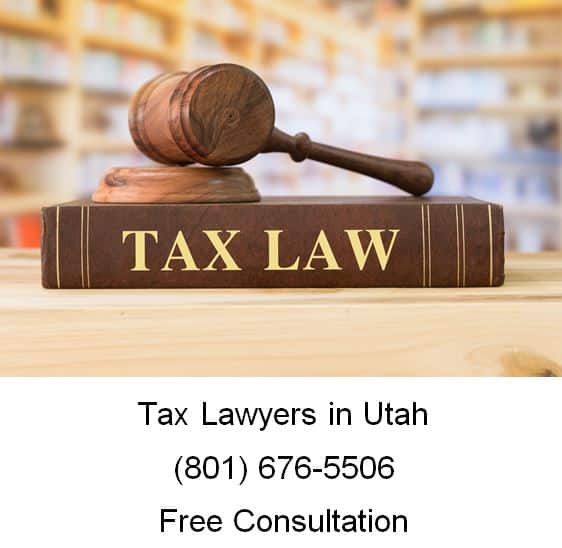
The annual arrival of the 1040 Booklet in the mail always marks the beginning of yet another tax season. And yet, in spite of this constant ritual, there persist a number of myths about ways to avoid taxes.
You Can Write-Off Your Home Office
“I have a computer and a desk in my home, therefore I can take a home office deduction.” Not necessarily. One commonly misunderstood tax write-off is the home office deduction. Many believe that they can simply deduct the cost of their home computers by claiming a home office. However, just because you have a desk and a computer in your home does not mean you qualify for the home office deduction. In fact, the IRS has very specific guidelines for the home office exemption.
To qualify for this deduction, you need to be self-employed. According to the IRS, you’re able to claim this deduction for the business use of a part of your home only if you use that area regularly and exclusively. As your principal place of business for any trade or business; or as a place to meet or deal with your patients, clients or customers in the normal course of your trade or business. According to some tax professionals, this deduction is so frequently misused that the IRS views taking the home office deduction as one factor that may contribute to receiving an audit.
Restaurant Tips Aren’t Taxable
“There’s no record of my tips, so I don’t have to report them as income.”
Here’s a real tip. Workers who receive tips often believe that their tips are not taxable income. The IRS, however, does view tips as taxable income.
Most tips are given in cash directly to an employee, and there are often no formal records of the tip amount. Recognizing the lack of precise records, the IRS has created tip reporting responsibilities for workers who receive them. These tip reporting obligations apply to workers in restaurants, hotels, taxicabs, and other personal services.
If in any month you earn more than $20 in tips, federal tax laws require you to report that amount to your employer by the 10th of the following month. This includes tips you receive directly from the customer, as well as amounts you receive from “tip-outs” or tip pooling arrangements.
Restaurant workers and employers, in particular, have heightened tip reporting obligations to the government. Tipping is so commonplace in eating establishments that the IRS has established the voluntary Tip Reporting Alternative Commitment (TRAC) program, under which restaurants agree to create tip reporting systems and educate employees about their reporting responsibilities.
You Can Write Off Gambling Losses
“I just lost a bundle in Vegas, but it’s OK – I’m writing off the loss!”
Don’t count on it. When it comes to writing off gambling losses on your income tax return, the IRS is very strict. Every year the IRS receives tax returns from people who claim their gambling income is minimal while their gambling losses are huge.
The IRS has a simple rule for gambling losses: Taxpayers can only claim deduction on losses equal to or less than their winnings. For example, in 2007 you win $500 gambling, but you lose $1,000 in gambling in the same year. Under the rule, you can only claim up to $500 (the amount of your winnings) in losses on your 2007 tax return.
One highlight is that the IRS is not particular about how you lost your money, as long as it was by gambling. So, it doesn’t matter if you lost at the track, the craps table, or the roulette wheel. If you won $500 in the lottery, you can claim any $500 that you lost in fantasy football or at the casino. Just beware that gambling income and losses are red flags for the IRS and could trigger an audit.
Income Taxes are Illegal and/or Voluntary – You Don’t Have To Pay
WRONG! “Filing a tax return violates my Fifth Amendment right against self-incrimination!” This is just plain false. There are many different theories under which tax protesters claim that the payment of taxes and the filing of tax returns are voluntary and/or illegal. Some arguments are constitutionally based, while others hinge upon semantics and word play. For example, one flawed argument states that the 16th Amendment, which authorizes collection of income taxes, was not properly enacted. Another debunked contention claims that only residents of “sovereign” jurisdictions, such as Washington D.C. and Puerto Rico, are required to pay income taxes.
The truth is that U.S. courts have universally found these tax avoidance arguments to be frivolous. Furthermore, the people who make these arguments usually end up liable for taxes and are sometimes hit with additional tax penalties.
Tax Lawyer Free Consultation
When you need legal help with a tax matter, please call Ascent Law for your free consultation (801) 676-5506. We want to help you.
8833 S. Redwood Road, Suite C
West Jordan, Utah
84088 United States
Telephone: (801) 676-5506
Recent Posts
Charitable Contributions For Taxes

